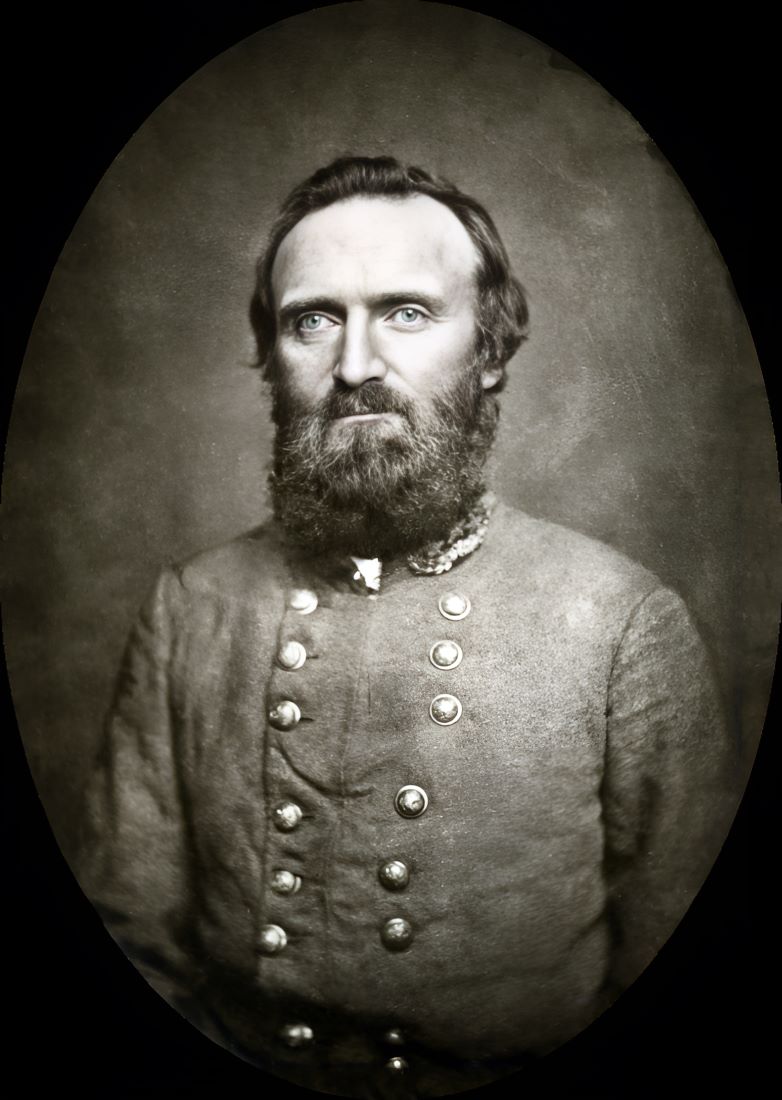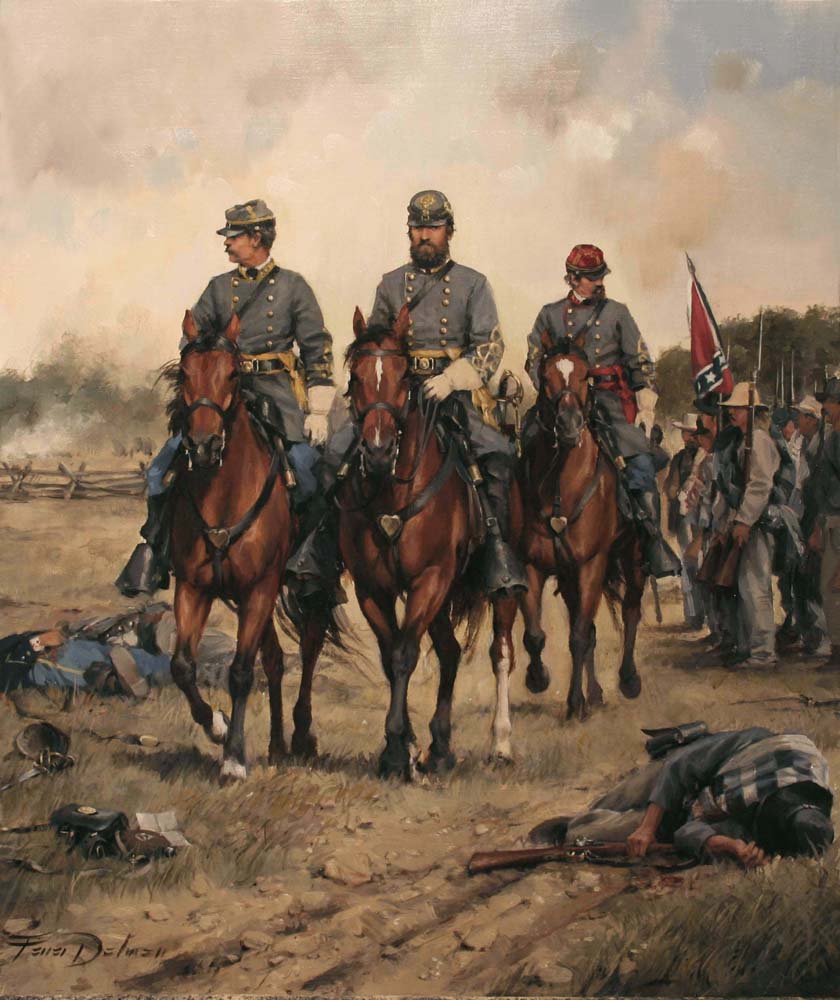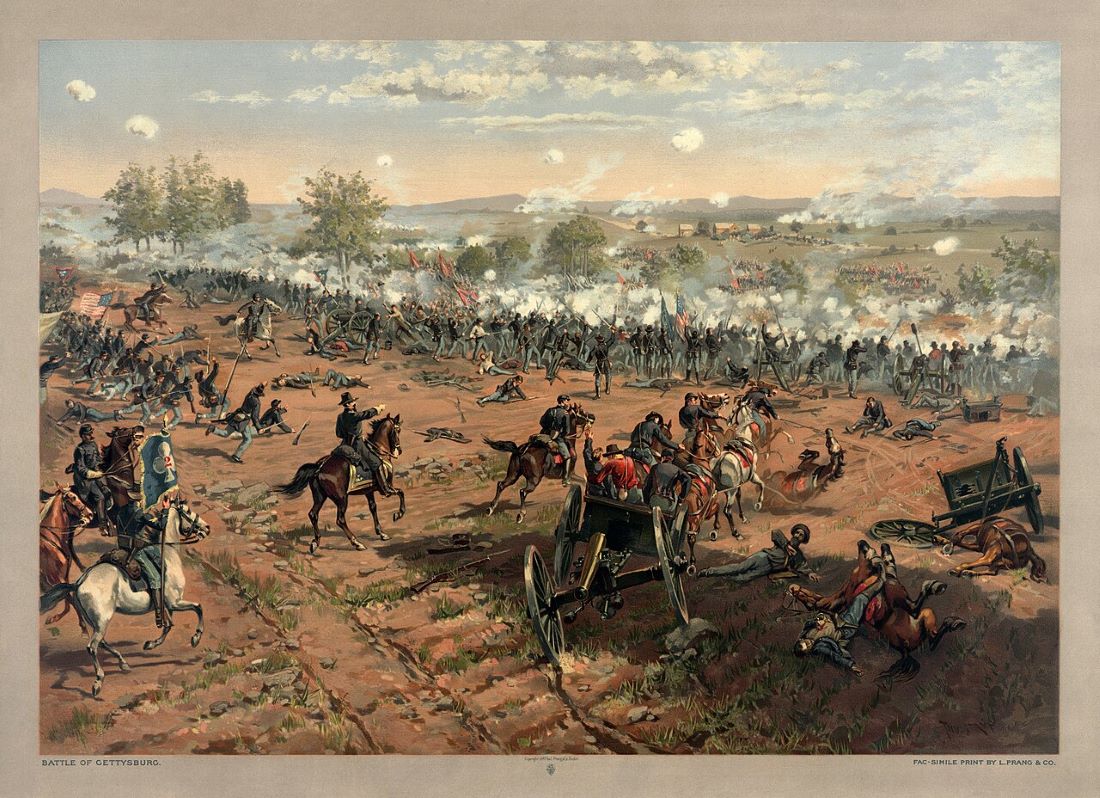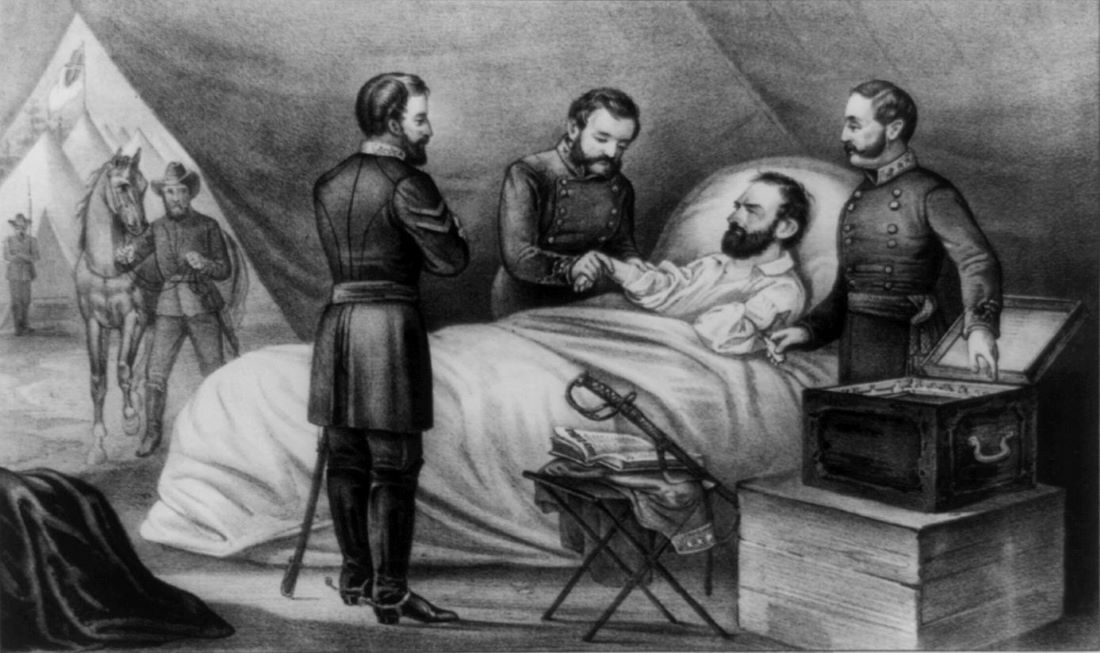In a previous post titled Gettysburg vs. Vicksburg – The Turning Points of the American Civil War, we explored two of the most pivotal battles that defined the outcome of the conflict. However, when discussing the turning points of the Civil War, we must also consider the crucial role played by one of its most legendary figures: General Thomas “Stonewall” Jackson. Jackson’s untimely death in 1863 deprived the Confederacy of one of its most effective and innovative commanders. His loss not only marked a turning point in the war but also left a void in the Confederate leadership that could never be adequately filled.
Early Life and Career of Stonewall Jackson
Born in 1824 in Clarksburg, Virginia (now West Virginia), Thomas Jonathan Jackson grew up in a modest family. Orphaned at a young age, Jackson faced numerous hardships throughout his early life. Despite these challenges, he earned an appointment to the United States Military Academy at West Point, where he graduated in 1846. Although not an outstanding student, Jackson’s determination and work ethic earned him respect among his peers.

Before the Civil War, Jackson served with distinction in the Mexican-American War, where he first demonstrated his military prowess. His experiences in Mexico, particularly during the Battle of Chapultepec, where he displayed calm under fire and a talent for tactical innovation, laid the foundation for his later successes. After the war, Jackson pursued a quiet career as a professor at the Virginia Military Institute, where his strict discipline earned him the nickname “Tom Fool.”
Stonewall Jackson’s Triumphs in the Civil War
When the Civil War broke out in 1861, Jackson quickly emerged as one of the Confederacy’s most capable commanders. His reputation was cemented at the First Battle of Bull Run, where his steadfastness under heavy fire earned him the moniker “Stonewall.” Jackson’s ability to inspire his troops and execute daring maneuvers made him indispensable to Confederate General Robert E. Lee.

Jackson’s campaigns in the Shenandoah Valley in 1862 are perhaps his most celebrated military achievements. Employing rapid movement and deception, he repeatedly outmaneuvered larger Union forces, securing a series of victories that bolstered Southern morale. His success in these battles not only tied down Union troops that could have reinforced other fronts but also established Jackson as a master of war. His brilliance on the battlefield was most evident during the Battle of Chancellorsville in 1863, where his audacious flank attack nearly annihilated the Union Army of the Potomac.
The What-Ifs of Stonewall Jackson’s Untimely Death
Stonewall Jackson’s death in May 1863, from complications following friendly fire, was a devastating blow to the Confederate war effort. Many historians have speculated on how the Battle of Gettysburg, fought just two months later, might have unfolded had Jackson been present. Lee himself lamented the loss, reportedly saying, “He has lost his left arm, but I have lost my right.”

One of the most debated aspects of Jackson’s potential impact on Gettysburg is his likely role on the first day of battle. Jackson was known for his aggressiveness and ability to seize key terrain quickly. Historians argue that Jackson might have succeeded in capturing crucial positions like Culp’s Hill and Cemetery Hill, which his replacements either hesitated to attack or failed to secure. Such an outcome could have drastically altered the battle’s course, potentially leading to a Confederate victory.
In the absence of Jackson, the Confederate forces at Gettysburg lacked the decisive leadership needed to capitalize on early successes. Jackson’s influence extended beyond mere battlefield tactics; his presence inspired confidence and unity among the troops. His replacement, General Richard Ewell, while competent, did not possess Jackson’s boldness or instinct for taking the initiative. As a result, opportunities were missed, and the Confederate army found itself on the defensive, ultimately leading to its defeat at Gettysburg.
Conclusion
Stonewall Jackson’s legacy as one of the greatest military minds of the American Civil War is undeniable. His death was not just a personal tragedy but a significant turning point in the war. The “what-ifs” surrounding his absence at Gettysburg continue to fascinate historians, who argue that his presence could have changed the course of the conflict. Jackson’s life and career serve as a reminder of how individual leadership can shape the destiny of nations, and his loss underscores the fragile nature of even the most seemingly invincible armies.
Historical Challenge: Can You Conquer the Past?
Answer more than 18 questions correctly, and you will win a copy of History Chronicles Magazine Vol 1! Take our interactive history quiz now and put your knowledge to the test!

